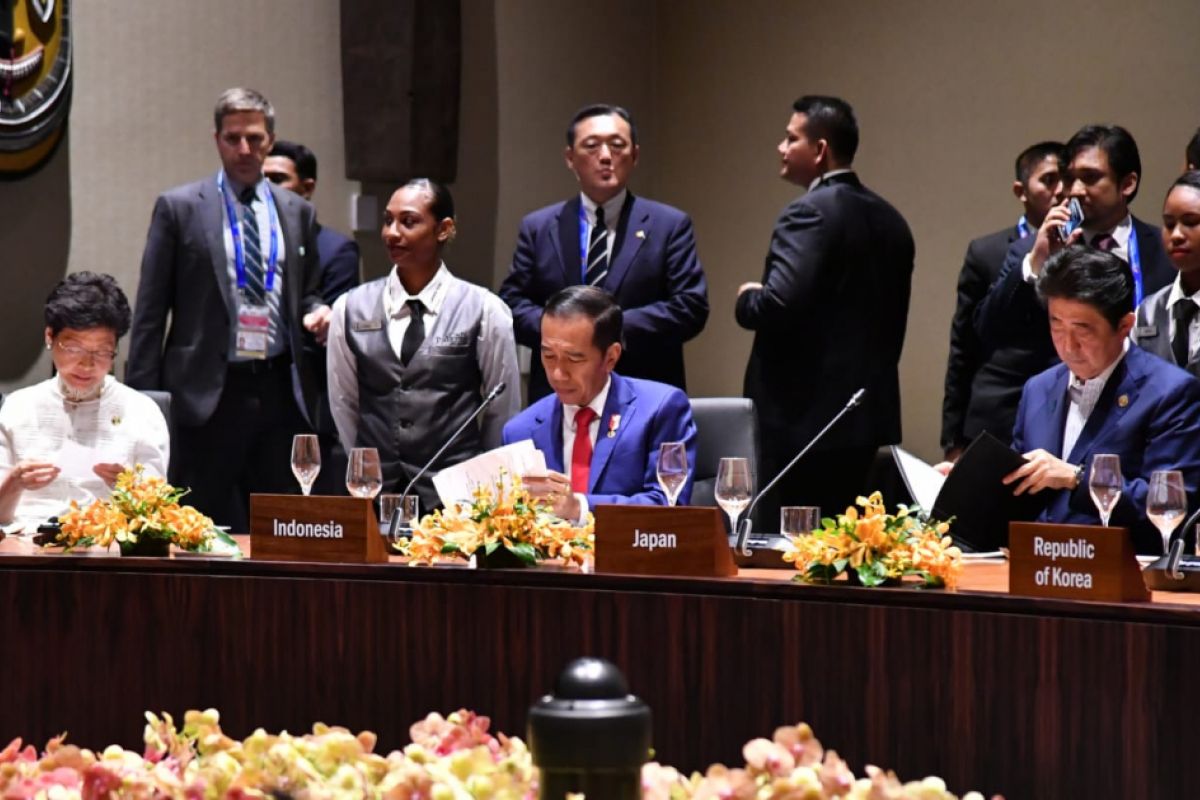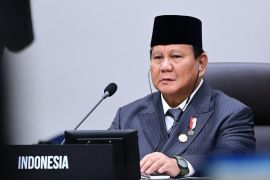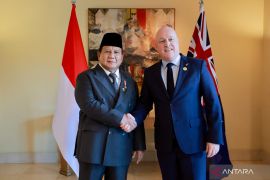As consumer spending surpasses trade, the 21 economies of the Pacific Rim are stepping up efforts to reduce tariffs, barriers in the service sector and bottlenecks in trade facilitation.
APEC members are also pursuing ways to help small businesses reach broader markets, specifically by easing digital economic barriers.
"Within APEC, we are certainly looking at issues that might be leading to the decline in trade and figuring out what we can do to boost trade," said the Chair of APEC’s Committee on Trade and Investment, Justin Allen, describing the situation as "unfinished business". As examples, Allen cited the uneven progress in tariff reduction, an increase in non-tariff measures, and a continued need to smoothen out access points and choke points in the supply chains. The "patchy" service sector also offers untapped potential.
"If we can boost the service sector across all the APEC economies, make it more competitive and ease some of the barriers that firms face, perhaps we can do something to arrest that decline in trade," said Allen, whose country, New Zealand, was named as the world’s best place to do business, according to the World Bank’s Ease of Doing Business survey.
Since 2012, trade growth in the Asia-Pacific region has fallen behind GDP growth, which may reflect advances in regional integration; average tariffs have fallen consistently since APEC was established in 1989, reaching only 5.5 percent in 2016. However, boosting trade would strengthen the region against economic risks and aid in bringing about prosperity.
Several working groups have started discussing the digital economy and different regulatory approaches emerging in the region and the potential for coherence and cooperation in helping enterprises access markets in this area.
As digital platforms enable businesses to export without reaching scale, the digital economy would foster the growth of small businesses, which account for over 90 percent of businesses across the region.
Allen expressed optimism that APEC’s non-binding discussions would continue to foster cooperation amongst its members with meaningful contributions that have led to formal trade agreements, such as the Comprehensive and Progressive Agreement for Trans-Pacific Partnership (CPTPP).
"There are binding commitments made outside of APEC that are often the result of talks, which began at APEC. The CPTPP is the most obvious example," said Allen, who described the partnership as "a modern 21st century trade agreement"
Reporter: Yuni Arisandy Sinaga
Editor: Rahmad Nasution
Copyright © ANTARA 2019











